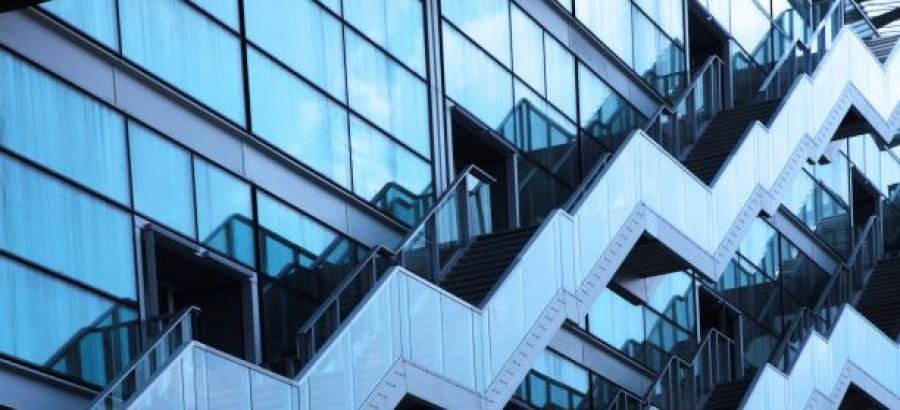Update on the Dutch VAT position of members of supervisory boards, boards of supervisory directors and comparable committees

On August 2, 2021 a new decree on the Dutch VAT position of members of supervisory boards, boards of supervisory directors, complaints advisory committees and review, dispute and comparable committees (hereinafter: supervisory officer(s)) was published. This decree is a clarification and expansion of the decree of April 28, 2021. For an overview of the decree of April 28, 2021 (date of publication May 6, 2021) we refer to our previous tax alert.
The original decree contained an approval for the past (June 13, 2019 through May 7, 2021). This approval has now been completely changed:
- Supervisory officers who, in the context of their position, during the period until May 7, 2021 charged Dutch VAT to the organization where they are a supervisory officer, do not have to correct this, regardless of whether the organization is/was entitled to recover input VAT. These supervisory officers and comparable persons may however choose to correct the Dutch VAT charged.
- It is now explicitly approved that these persons may leave their own Dutch VAT recovery intact.
- In addition, it has been explicitly approved that the Dutch VAT on capital goods that are part of the operating assets for which the supervisory officers and comparable persons were charged VAT before May 7, 2021 does not have to be adjusted. Therefore the VAT already recovered on the capital goods does not have to be corrected, not even in the future.
VAT recovery by the organization no longer relevant
It was stated in the decree of April 28, 2021 that the Dutch VAT charged by supervisory officers between June 13, 2019 and May 7, 2021 does not have to be corrected if this VAT has been recovered by the customer, i.e. the organization. This especially created uncertainty and raised questions at organizations with a limited VAT recovery. The decree of August 2, 2021 confirms that the approval applies to all situations in which supervisory officers have charged Dutch VAT, regardless of whether the organization has recovered the input Dutch VAT charged by the supervisory officers. Correcting the past will benefit organizations with a limited VAT recovery right, because this will result in a reduction of the costs.
Recovery of Dutch input VAT by supervisory officers remains intact
The decree of August 2, 2021 also explicitly approves that the Dutch input VAT recovered by supervisory officers may remain intact. That is advantageous for supervisory officers. From a Dutch VAT perspective, any correction of the past will therefore only have administrative consequences for supervisory officers.
No correction needed for capital goods
Capital goods are immovable and movable assets that supervisory officers must depreciate for personal or corporate income tax purposes (for example a laptop or telephone). For the purposes of the recovery of Dutch input VAT, movable capital goods are normally followed for four financial years after the year of first use and immovable property is normally followed for nine financial years. If, during this period, a supervisory officer no longer uses these goods as a VAT taxable person, then this may result in an obligation for the supervisory officer to correct (adjust) the Dutch VAT originally recovered. The decree of August 2, 2021 states that this adjustment does not have to take place.
Activities assessed on their own merits
As a last point, the decree of August 2, 2021 clarifies that, for Dutch VAT purposes, the activities of supervisory officers must be assessed on their own merits. The decree states that the activities of the different types of supervisory officers specifically named in the decree are, in principle, not performed as a VAT taxable person (taxpayer), not even if these activities are an extension of or related to the activities for which the supervisory officer qualifies as a VAT taxable person. This also means that there is no right to recover the Dutch VAT attributable to these activities.
How can the past be corrected?
If it is opted to correct the past, the following must be taken into account:
- The Dutch VAT that has been paid by the supervisory officer to the Dutch Tax Authorities (i.e. the wrongly invoiced VAT) can be reclaimed from the Dutch tax authorities. To this end, the supervisory officer must credit the organization for the wrongly invoiced VAT (credit invoice) and reclaim it from the Dutch tax authorities by submitting a notice of objection. To determine their position, the supervisory officer will have to request a statement from their organization confirming that the VAT charged by the supervisory officer was not recovered.
- If the Dutch VAT was partly recovered, the supervisory officer will have to request a statement from the organization confirming that the organization has corrected the (partly) recovered VAT in response to the credit invoice that was issued.
- The above does not apply in case the Dutch VAT was reverse charged to the organization (e.g. in case the supervisory officer has his permanent residence outside the Netherlands). In that case, any corrections would need to be made by the organization.
If there are several supervisory officers at an organization, it could be more efficient to have the organization coordinate the VAT adjustments.
The tax advisors of Meijburg & Co’s Indirect Tax group would be pleased to help you identify the potential implications of the changes to this decree. We would also be happy to help you with any VAT adjustments. Feel free to contact one of them or your regular advisor.